Featured Content
The Best of F1A&G
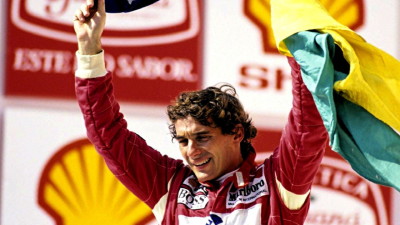
Profiles
The story of Formula One is a saga of men striving for perfection in controlling a car at speed, in skating on the edge of adhesion and becoming one with their machines. These profiles reveal Read More ...
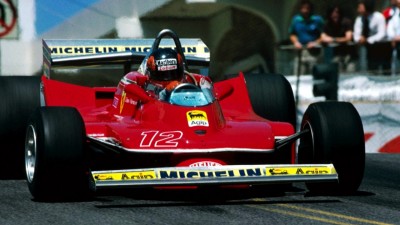
History
From Farina and Fangio to Schumacher, Vettel and Hamilton, from Alfa Roméo and Ferrari to Mercedes, Red Bull and McLaren, Formula One’s history is alive with the triumph of skill and technology, the crushing disappointment Read More ...
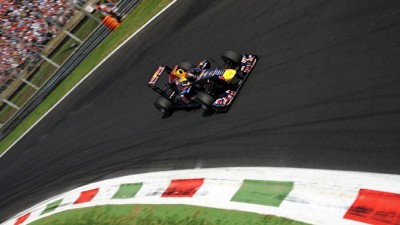
Photos
The art and genius of Formula One motor racing is represented best in photographs of the cars and drivers who have made the sport their stage over the decades. Many thanks to those F1 enthusiasts Read More ...
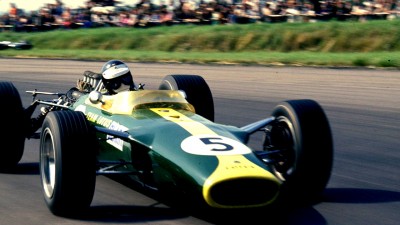
Top 15 All-Time Drivers
Comparing F1 drivers across eras is inherently difficult; the longer schedules and frequently changed points systems of the past 25 seasons compound the unreliability of absolute numbers. These statistics attempt to give a “relative” view of the Read More ...
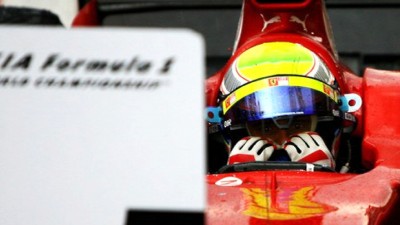
6 Most Poignant Moments
There are moments in the history of Formula One that tear at one’s heart strings — that make even the most cynical observer of the F1 circus pine with empathy. Perhaps even bring a tear Read More ...
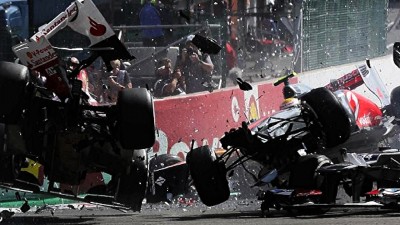
6 Best F1 Crashes
Anyone who experienced motor racing accidents in the 1960s and ’70s will immediately understand that a “great” crash can only occur in recent decades. Before carbon fiber monocoques, survival cells, fire-retardant driving suits and crash safety Read More ...

Getting Ready For Spa
Posted onLeave a comment
It’s been a long month of holiday for the Formula One circus, but things get going this weekend at the iconic Spa-Francorchamps circuit in Belgium. Read More …
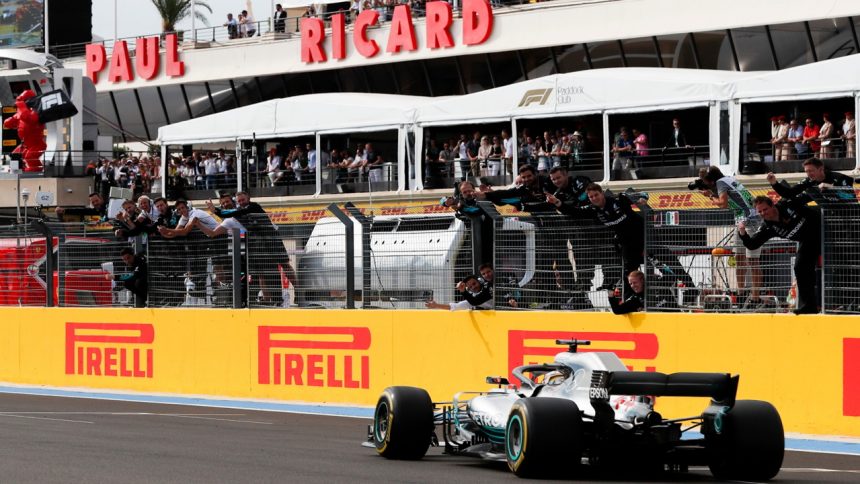
Hamilton Takes France After Vettel’s Shunt
Posted onLeave a comment
Lewis Hamilton reclaimed the Formula One World Championship lead with a convincing victory at the French GP. Read More …

The Green Hell
Posted onLeave a comment
This 2017 movie about the Nürburgring’s famed Nordschleife, narrated by legendary BBC commentator Murray Walker, looks marvelous. Please comment it you’ve seen it! Read More …
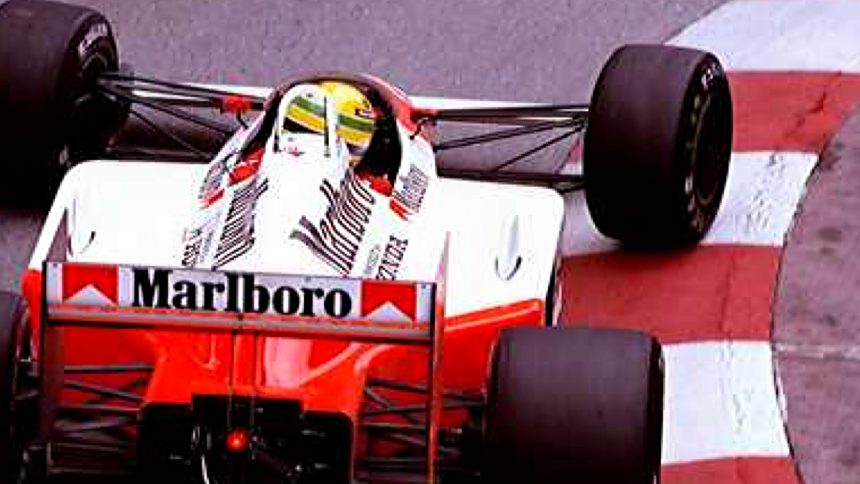
The Greatest Lap You’ve Never Seen
Posted onLeave a comment
It is almost unbelievable that Ayrton Senna’s qualifying lap at Monaco in 1988 — where he bested teammate and four-time World Champion Alain Prost by an astounding 1.427s — was not filmed or broadcast. Here is McLaren F1’s recreation. Read More …

Hartley’s Airborne Shunt
Posted onLeave a comment
Several different views of the impressive accident in Canada when Brendon Hartley’s Toro Rosso became airborne after he was pushed into the wall by Lance Stroll’s oversteering Williams. Read More …

Vettel Scores Dominating Canadian GP Win
Posted onLeave a comment
Sebastian Vettel ripped up the form book with a dominant lights-to-flag victory in the Canadian Grand Prix on Sunday to snatch the lead in the 2018 Formula One drivers standings. Read More …
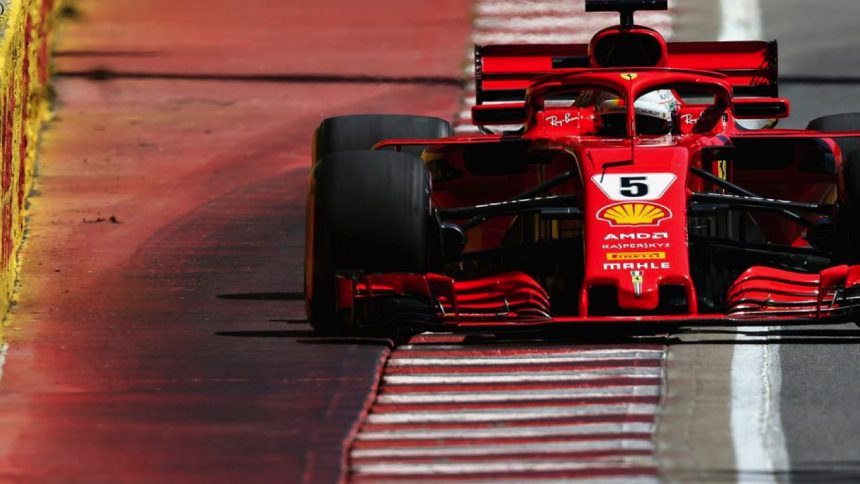
Vettel On Pole In Montréal
Posted onLeave a comment
Sebastian Vettel’s pole position was Ferrari’s first in Montréal since Michael Schumacher back in 2001, and gave fans of the legendary team something to cheer on the circuit named in honour of Gilles Villeneuve, one of the Scuderia’s most-loved drivers. Read More …
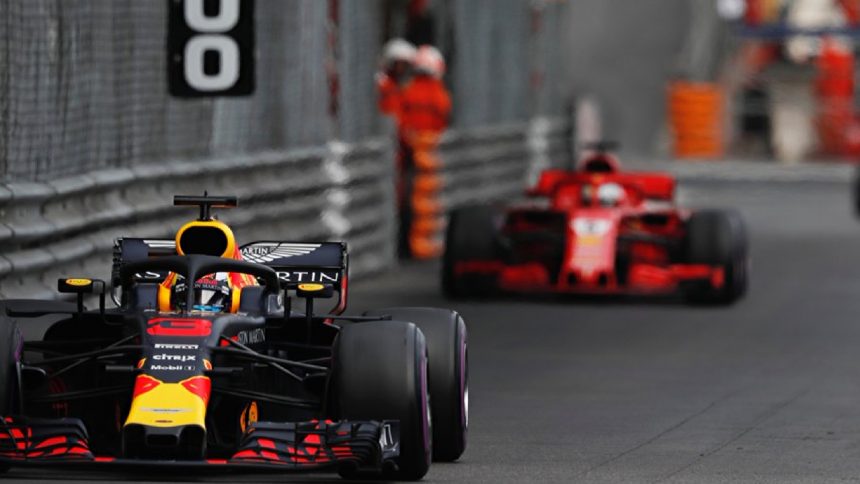
Ricciardo Holds On For Monaco Win
Posted onLeave a comment
Daniel Ricciardo dominated practice and qualifying at the Monaco Grand Prix, then held on with a troubled engine after massive power loss (from a failed MGU-K) to win from pole and claim the third victory by an Aussie in Monte Carlo. Read More …

Hamilton v. Senna @ Monaco
Posted onLeave a comment
Lewis Hamilton and Martin Brundle look back in this Sky F1 video clip with a side-by-side comparison of how Ayrton Senna drove the Circuit de Monaco and captured a record six wins in the Principality. (A repost from 2012.) Read More …
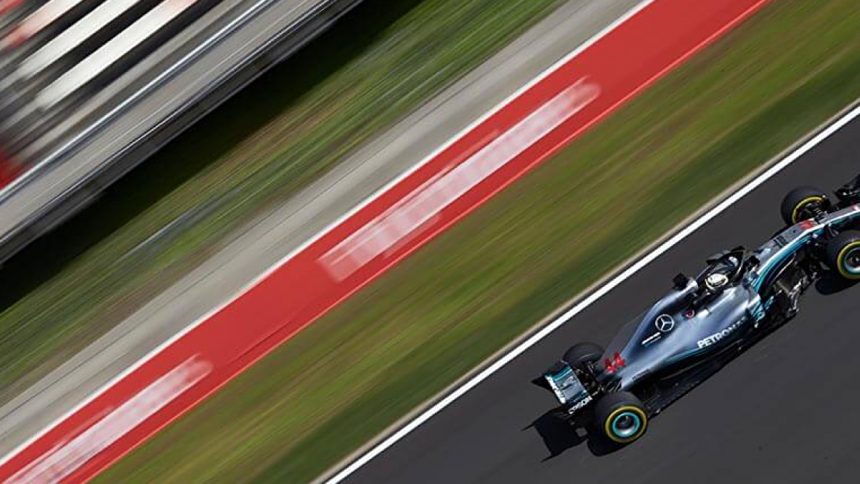
Hamilton Rejuvenated by Spanish Victory But Wary of Monaco
Posted onLeave a comment
After a frenetic, competitive start to the Formula One season, this weekend’s action from the Spanish Grand Prix felt like a rerun. Read More …

